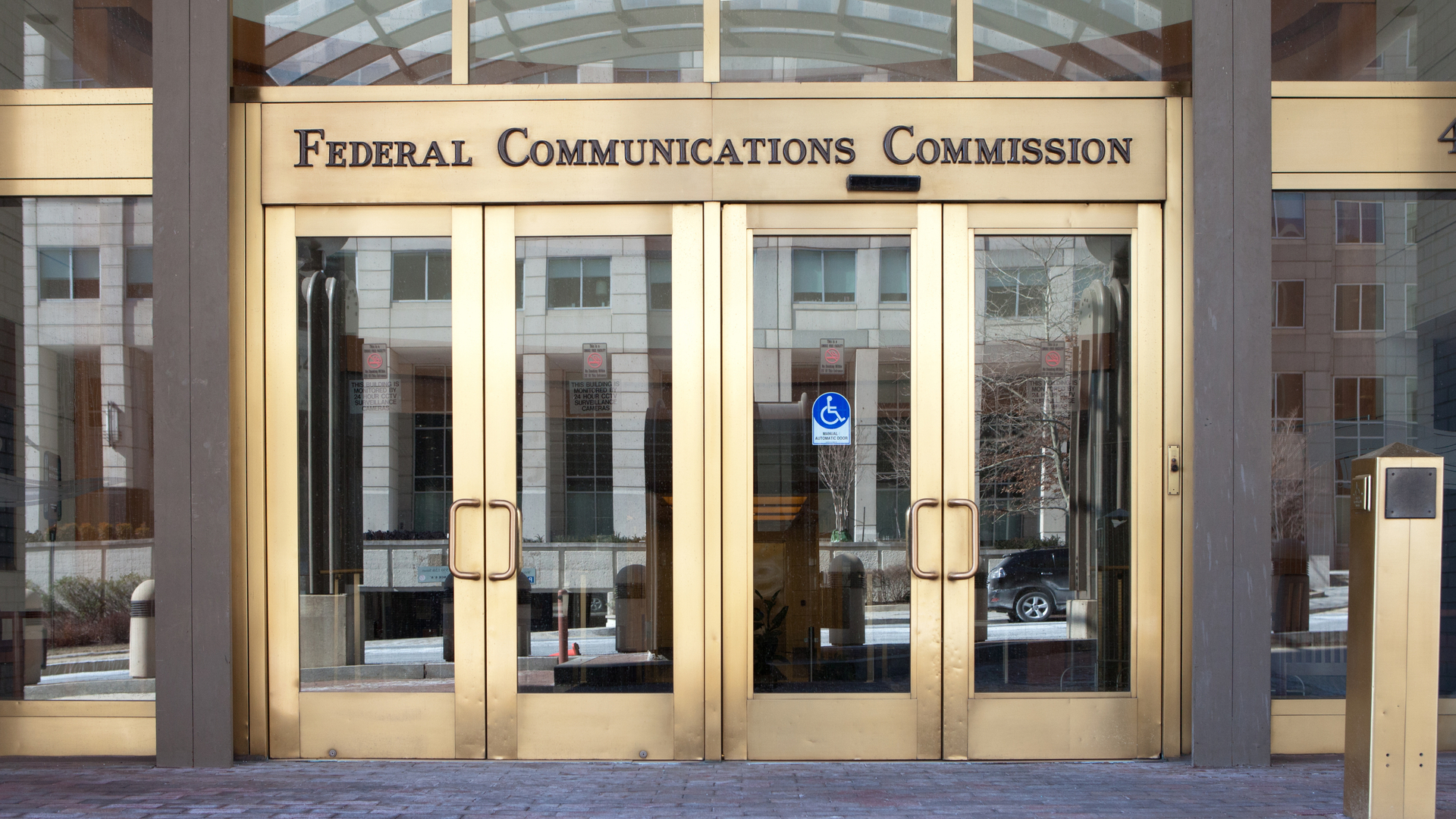Republican senators call on FCC to review Section 230
Senators ask FCC to “clearly define the criteria for which companies can receive protections under the statute.”

Four Republican US senators came forward on Tuesday and urged the Federal Communications Commission to review Section 230 of the Communications Decency Act after President Donald Trump signed an executive order targeting legal protections provided to social media companies.
Senators Marco Rubio, Kelly Loeffler, Kevin Cramer and Josh Hawley have asked the FCC to review Section 230 of the Communications Decency Act and “clearly define the criteria for which companies can receive protections under the statute.”
In a letter to FCC chairman Ajit Pai, the senators claimed: “The unequal treatment of different points of view across social media presents a mounting threat to free speech. This Executive Order is an important step in addressing this form of censorship.”
The senators added that much like publishers, social media companies “monetize, edit, and otherwise editorialize user content.” For this reason, the senators claim, “It is time to take a fresh look at Section 230 and to interpret the vague standard of “good faith” with specific guidelines and direction.”
In an interview aired on Fox News Channel on Tuesday, US Attorney General William Barr agreed with the senators’ assessment, claiming “These entities are now engaged in censorship.”
“We are looking, as many others are, at changing Section 230,” Barr explained, adding that such a change to Section 230 would require action by the U.S. Congress.
At this time, Pai has declined to comment on how the FCC plans to respond to Trump’s executive order. On Tuesday, however, Pai told reporters it would be inappropriate to “prejudge a petition that I haven’t seen.”
Get the ITPro daily newsletter
Sign up today and you will receive a free copy of our Future Focus 2025 report - the leading guidance on AI, cybersecurity and other IT challenges as per 700+ senior executives
Meanwhile, FCC commissioner, Mike O'Reilly, stated on Tuesday President Trump’s executive order poses a number “of very complex issues.”
President Trump signed the executive order targeting social media companies and the legal protections they’re provided under Section 230 last month.
The signing of the executive order came just days after Twitter fact-checked a tweet for containing misleading information related to mail-in voting and then restricted another tweet for violating its rules and “glorifying violence” on the platform.

